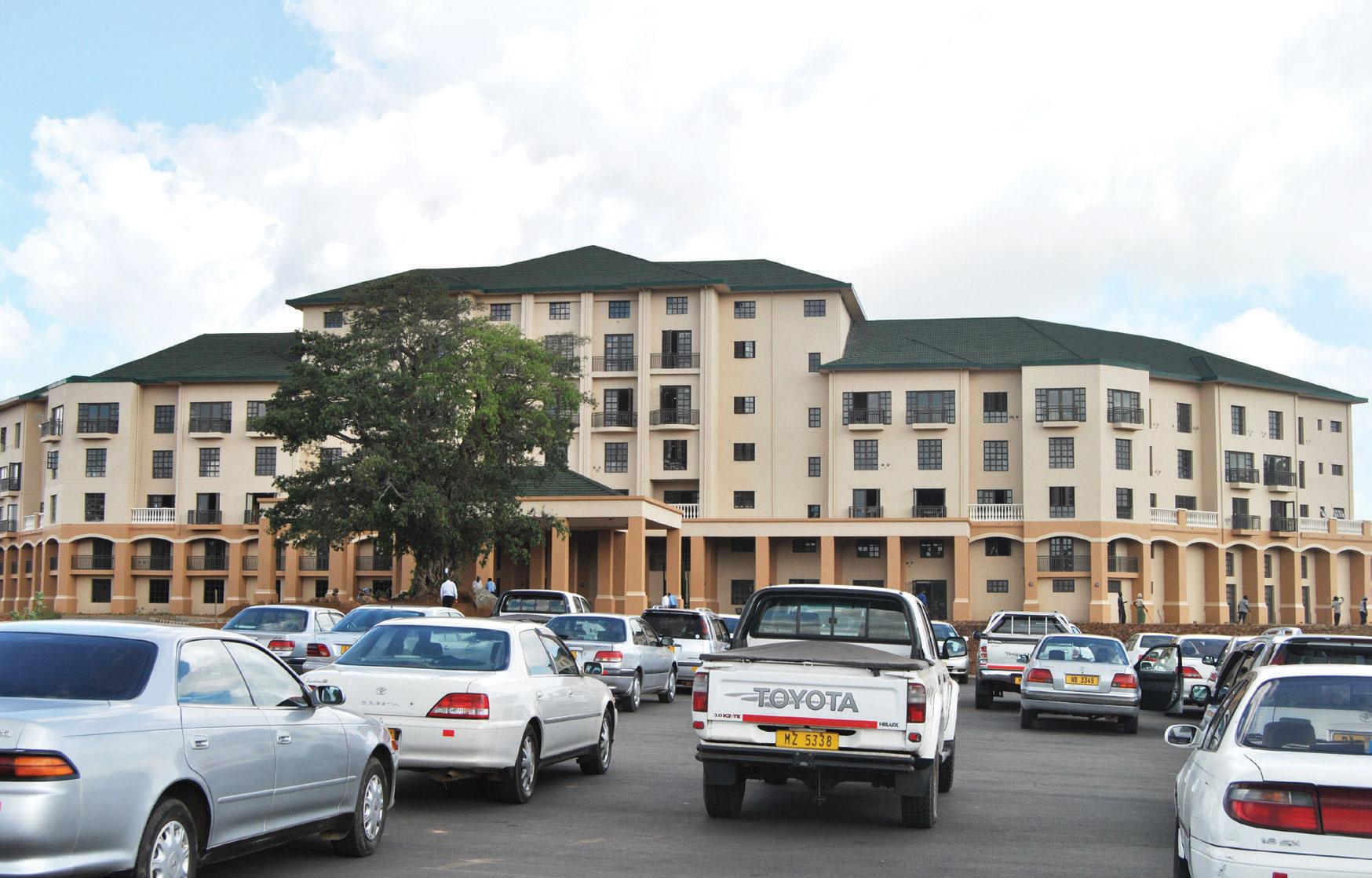Africa-Press – Malawi. The 2022-23 National Budget faces a higher risk of going off track in the wake of recent adjustments made to almost all assumptions anchoring the financial plan coupled with prevailing mismatches between revenue and expenditure, economic experts have said.
Already, the plan has been faced with myriad challenges including a weak fiscal environment leading to a wide deficit. The financial plan has largely characterised expenditure overruns and revenue shortfalls.
Apart from the assumptions outlined in the budget falling, the government continues facing a disparity in revenue collection and expenditure where expenditure is higher than revenue collected.
Recent figures from the Reserve Bank of Malawi (RBM) show that the central government budgetary operations in May recorded an overall deficit of 0.8 percent of the Gross Domestic Product (GDP) albeit being slight improvement from a deficit of 1.1 percent of GDP recorded in April 2022.
According to the central bank, revenue mobilisation for the month decreased by 8.5 percent (K12.0 billion) from K140.7 billion collected in April 2022, while expenditure was seen at K219.9 billion.
Further, the annual expenditure plan was anchored on the assumption that the economy will grow by 4.1 percent in 2022 and 4.0 percent in 2023, with an annual average inflation rate estimated at 9.1 percent.
However, all these targets have already been with the RBM slashing its GDP growth projection by over 50 percent to 1.7 percent and the annual average inflation target increased to 23.2 percent.
“Pressures on inflation are likely to continue, largely due to persistence of supply-related shocks to food and energy prices arising from the war in Ukraine, impact of the upward adjustment in domestic fuel pump prices effected on 23rd June 2022, a seasonal increase in prices of domestically-produced agricultural food items, exchange rate pressures, and persistent fiscal slippages,” reads a report from RBM.
Reacting, Economics Association of Malawi Executive Director Frank Chikuta said it was clear from the beginning that the budget assumptions were not realistic.
Chikuta added that when the budget was being formed, it was clear that inflation was to continue rising and its impact on economic growth and policy rate was supposed to be taken into account.
“Given that all the assumptions have not materialized, it will only be proper for the budget to be seriously revised during the midterm review to make sure that we do not have a bloated deficit,” he said. Inflation has been on an upward spiral since November 2021, seen at 23.5 percent in June 2022.
Chikuta then said with the current trends, it is difficult for the government to collect the targeted revenue while on the other side; expenditure has increased because the cost of living remains elevated.
“They [the government] should make sure that the deficit does not widen beyond what was already planned then squeeze expenditure especially on programs that are expensive such as the Affordable Input Program,” he added.
Economist from Malawi University of Business and Applied Sciences Betchani Tchereni said the budget has lost track and the government should consider realigning it.
“Austerity measures are good and we should make sure that we do not spend on luxury and aside from that MRA should go flat out widening the revenue base especially for people who do not pay tax such as those in the informal sector who make a lot of money,” he said.
Minister of Finance Sosten Gwengwe said while all the assumptions anchoring have been adjusted, the Treasury will make adjustments to the financial plan. Gwengwe said the main focus will be reducing public expenditure and ensuring the government operates within its means.
“MRA has beaten their target so we do not have serious challenges with revenue collection therefore we need to look at public spending and that will be reflected in the upcoming budget review,” Gwengwe said.
In 2020 the economy slumped to 0.9 percent due to the Covid pandemic which sent many economies staggering into recession. When the economy was about to recover this year, Russia’s invasion of Ukraine exerted extra pressure as global supply chains were affected, pushing commodity prices upwards.
The exogenous pressure, coupled with structural domestic challenges including mismatches between forex demand and supply forced the RBM to devalue the local currency, the Kwacha, by 25 percent.
Justin Mkweu is a fast growing reporter who currently works with Times Group on the business desk. He is however flexible as he also writes about current affairs and national issues.
For More News And Analysis About Malawi Follow Africa-Press






